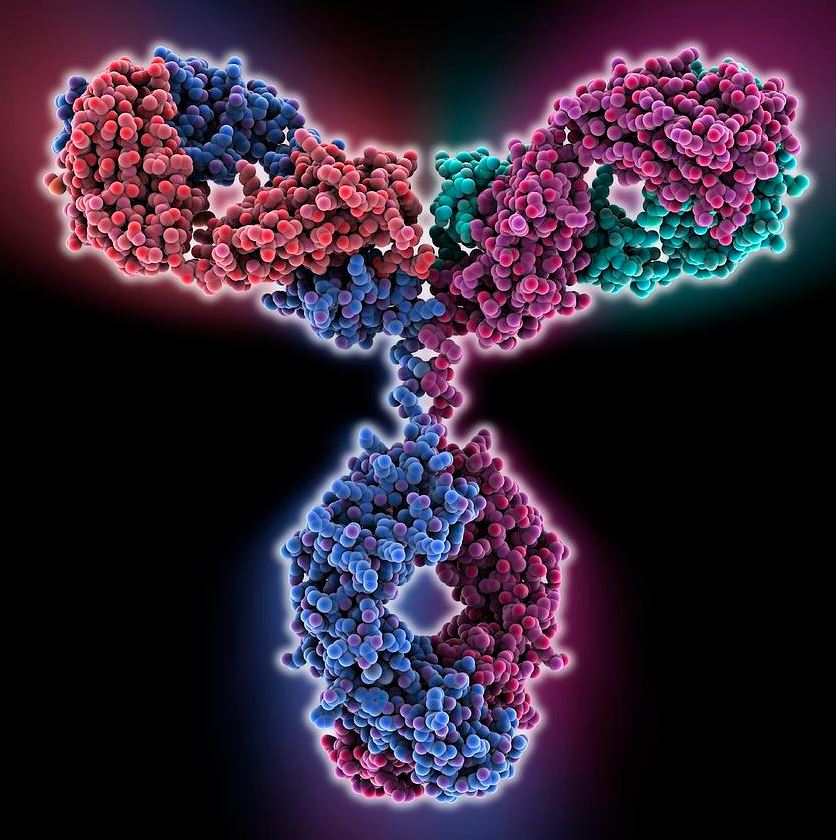Proteins are essential molecules that play a wide variety of roles in all living organisms. They are made up of smaller building blocks called amino acids, which are linked together in chains. Here’s a simple breakdown of what proteins are and why they’re important:
1. What Are Proteins?
Proteins are large, complex molecules made from 20 different amino acids. These amino acids are arranged in specific sequences to form proteins, and the sequence determines each protein’s unique shape and function.
2. Functions of Proteins
Proteins are involved in almost every process in the body. Here are a few key roles they play:
- Structure: Proteins like collagen provide strength and support to tissues such as skin, bones, and muscles.
- Enzymes: Some proteins act as enzymes, speeding up chemical reactions in the body, such as digestion.
- Transport: Proteins like hemoglobin transport oxygen in the blood.
- Defense: Antibodies, which are proteins, help fight infections and keep the immune system strong.
- Communication: Some proteins, like hormones, send signals between different parts of the body.
3. How Do We Get Proteins?
Proteins are obtained from food. Good dietary sources include:
- Animal-based foods: Meat, fish, eggs, and dairy.
- Plant-based foods: Beans, lentils, tofu, nuts, and seeds.
When you eat protein, your body breaks it down into amino acids, which are then used to build and repair tissues or make new proteins.
4. Why Are Proteins Important?
Proteins are vital for:
- Growth and repair of tissues.
- Energy production (if needed, though this is not their primary role).
- Supporting metabolic processes and maintaining overall health.
5. Molecular Machines
Proteins work by performing specific tasks in the body, thanks to their unique structures and chemical properties. They are like molecular machines, each designed for a particular job. Once formed, the chain folds into a unique three-dimensional shape. This shape is critical because it determines the protein’s function. proteins work by leveraging their unique shapes and chemical properties to perform specialized tasks, from catalyzing reactions to building tissues and regulating body processes. Their versatility and adaptability make them fundamental to life.
